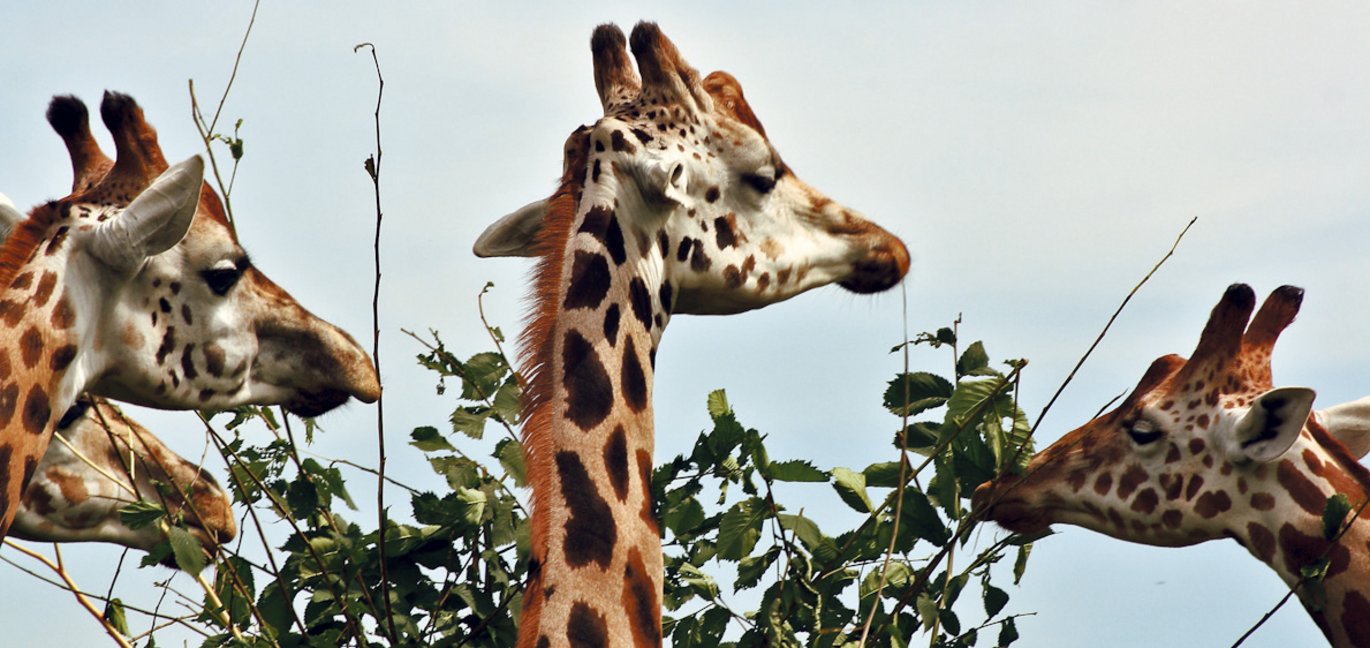We all need some knowledge of Darwin
Tobias Wang, the recipient of Aarhus University’s Research Communication Award for 2012, loves sharing his knowledge with other people – including everything from the blood pressure of giraffes to the digestive system of snakes.

Tobias Wang’s office is not hard to find. Because even though he is the only person with no name and photo on his office door, there can be no doubt that this is where the professor in zoophysiology does his work. There is a colourful photo of a young giraffe on the door, behind which the visitor finds a treasure trove of natural science complete with stuffed owls, a variety of weird and wonderful skulls, and snakes in jars.
Tobias Wang has always been fascinated by animals – including the animals we call people. Which is why it was so difficult for him to decide whether to study biology or medicine. He finally opted for biology, but ever since then he has been working so closely alongside doctors that it was the Faculty of Health Sciences that nominated him for AU’s Research Communication Award.
“I’m absolutely delighted. Collaboration between biologists and doctors is hugely rewarding, and it has become increasingly obvious to me that the two subject areas can benefit enormously from each other,” explains Tobias Wang.
Among other things, he has worked alongside doctors on a major research project in South Africa in which an international team of researchers led by AU have studied the circulatory system of a group of giraffes in the hope of finding causes and treatment options for people with high blood pressure.
Science and the humanities
Giraffe research is just one of the many subjects that Tobias Wang has given lectures about. And he loves communicating with students, with participants on Danish University Extension courses and with any members of the general public he meets when giving public lectures.
“I actually think we have a duty to inform people about our research. After all, our universities are funded by the taxpayer, so it’s only reasonable that we should give them something back. I also hope that I can increase people’s interest in natural science, encouraging them to support this field in future,” says Tobias Wang.
